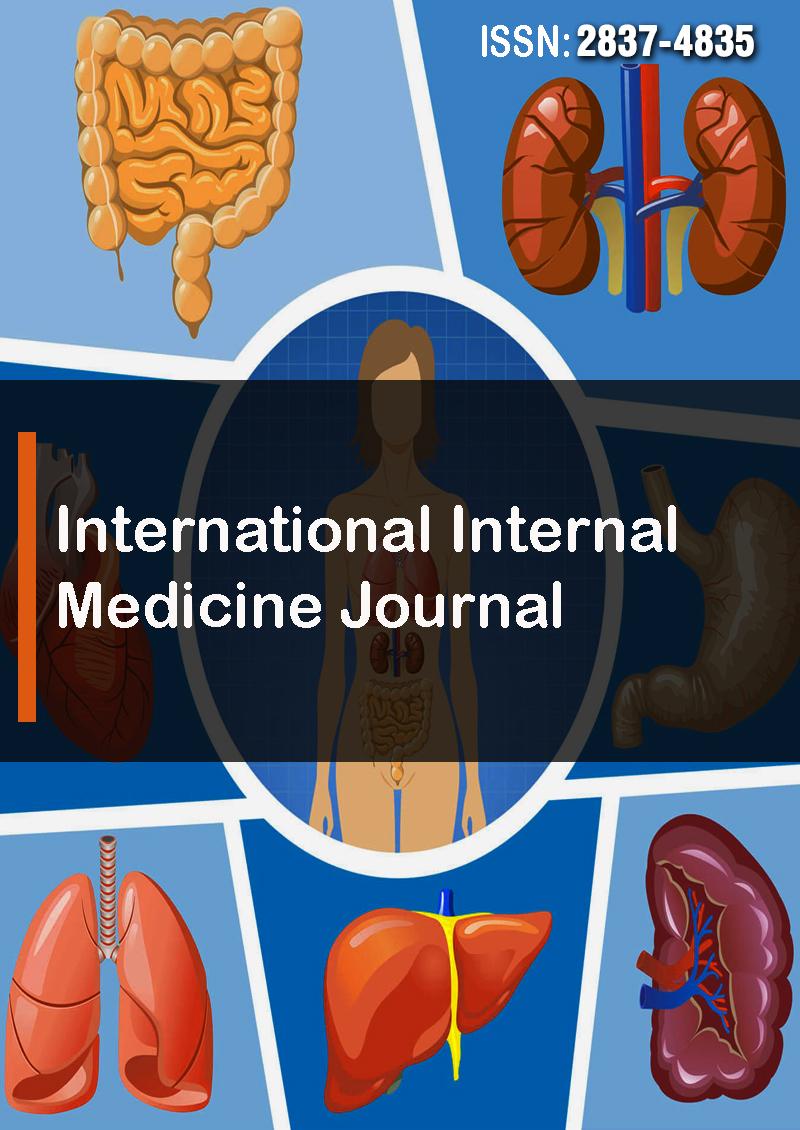GERD Symptoms Often Improve After Magnetic Sphincter Augmentation (MSA) Device Removal-an Observational Study
Abstract
Nicholas Buniak, Borys Buniak, Atul Maini, Balasubramanian Sivakumar, John Sun, Stacey Jantsch, Danielle L. Obrien and Tara Frey
Gastroesophageal reflux disease (GERD) affects over 60 million people, more than 20% of the United States population [1]. Treatments include dietary restrictions, behavior modifications, medications, endoscopic therapeutics or surgery. Long term, untreated reflux may lead toward Barrett’s esophagus, esophageal cancer and benign intrinsic strictures resulting in varying degrees of dysphagia. Strictures of the distal esophagus, however, have also been artificially created in order to reduce reflux of gastric contents back into the esophagus. Procedures such as Stretta RFA, Enteryx bulking injections and HALO ablations have had mixed results in successfully managing GERD by way of generating fibrosis at the distal esophagus [2,3].



